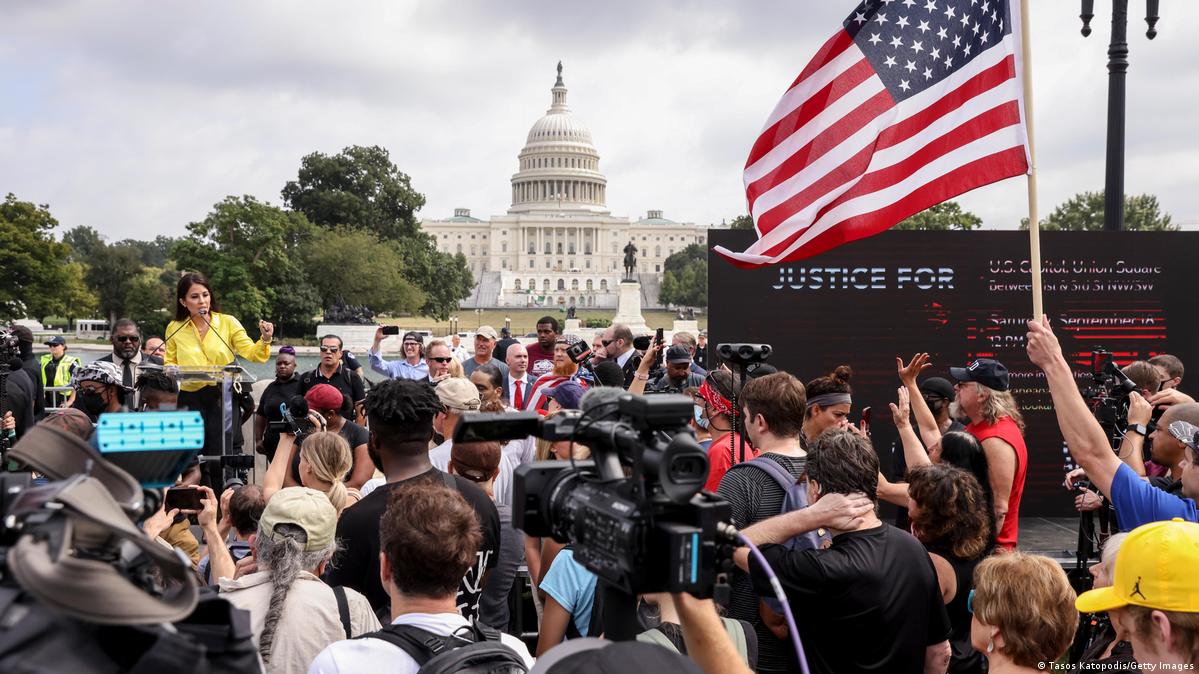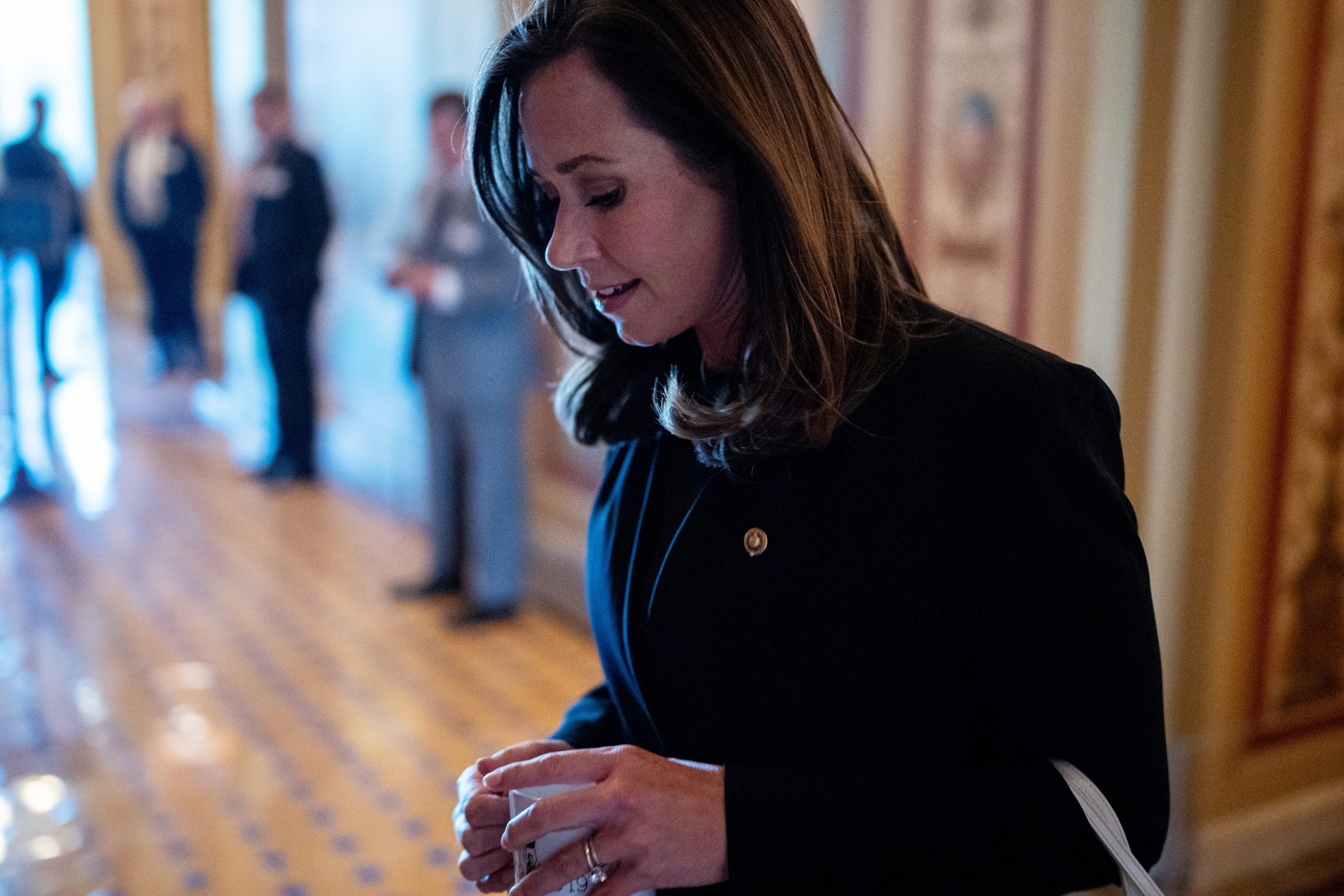The Supreme Court on Thursday rejected an effort by three colleges to halt a class-action settlement that’s set to cancel more than $6 billion of federal student loan debt owed by borrowers who say they were defrauded.
At least five of the justices voted to turn down the colleges’ effort to stop the settlement and challenge the Education Department’s powers to cancel large amounts of federal student loan debt.
The request was made to Justice Elena Kagan, who oversees emergency matters from the 9th Circuit. Kagan referred the matter to the entire court, which voted to turn down the request. It’s unclear how any individual justices voted, but none recorded any dissent.
Conservatives had seized on the case as a way to rein in Joe Biden’s efforts to cancel student debt and attack a potential backup plan to enact mass loan forgiveness if the Supreme Court strikes down his debt relief program in two other pending cases.
The three college operators were challenging the same law — the Higher Education Act’s “compromise” authority — that is widely seen as a fallback option for Biden. The administration’s existing student debt relief program is tied to the Covid-19 national emergency under a 2003 law known as the HEROES Act.
Everglades College Inc., Lincoln Educational Services Corporation and American National University argued that the settlement unfairly maligns them. About 3,800 of the colleges’ former students who said they were defrauded are set to receive relief under the settlement, but the schools note that those allegations were never proven.
The settlement, which the Education Department agreed to last year, came after years of litigation that accused the agency of mishandling and delaying applications by borrowers seeking loan forgiveness based on the misconduct of their college.
The deal is aimed at wiping out a backlog of hundreds of thousands of those applications, which are known as “borrower defense” claims. Some have languished at the department for years.
The Biden administration and attorneys who represent the student loan borrowers had argued that the three colleges lacked standing to challenge the settlement in the first place, dismissing the schools’ claims of reputational harm as too speculative.
In its brief earlier this week, the Justice Department pushed back on the idea that the class-action settlement is related to Biden’s broader debt cancellation program, calling them “entirely distinct.” The settlement “does not reflect any ‘en masse’ cancellation of outstanding debt, nor an assertion by the Secretary of the power to discharge the Department’s entire $1.6 trillion loan portfolio,” Solicitor General Elizabeth Prelogar wrote.
The decision by the Supreme Court on Thursday sends the case back to the 9th Circuit Court of Appeals, which has already set a briefing schedule to hear the colleges’ appeal of the settlement.
It’s possible the case could return to the high court after that. The justices’ ruling on Thursday addressed only emergency relief.
But in the meantime it clears the Education Department to continue processing loan discharges for tens of thousands of borrowers.
The Biden administration reported on Wednesday that it had already wiped out the debts of about 78,000 borrowers out of the roughly 200,000 borrowers who qualify for immediate relief under the settlement.
Beyond the immediate loan forgiveness, the settlement also requires the Education Department to set up a streamlined process for tens of thousands of additional borrowers to obtain loan forgiveness.
Eileen Connor, president and director of the Project on Predatory Student Lending, which represents the class of student loan borrowers in the case welcomed the court’s decision on Thursday.
“Today’s swift and decisive action from the highest court should end, once and for all, any ongoing debate about the legitimacy of this settlement,” she said in a statement. “The message is clear: the rights of student borrowers will not falter, even in the face of well-funded, politically-motivated attacks masquerading as legal argument.”




